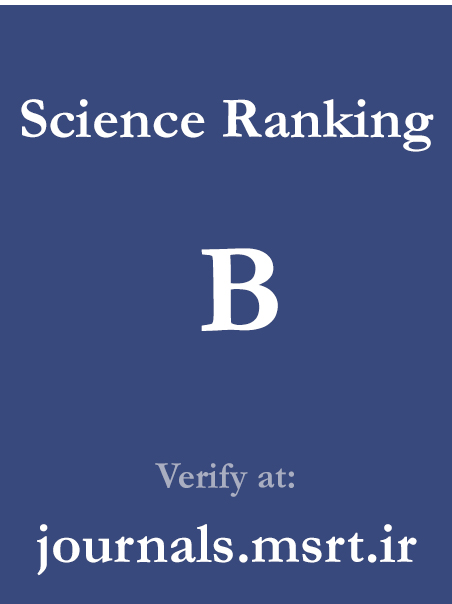Managing Hybrid Work Models in Digitally Transformed Organizations
Keywords:
Hybrid work models, digital transformation, employee experience, collaboration, technology adaptation, qualitative research, communication challenges, workplace dynamicsAbstract
This study explores the challenges and opportunities of managing hybrid work models in digitally transformed organizations, focusing on communication, employee experience, collaboration, and technology adaptation. A qualitative research design was employed, utilizing semi-structured interviews with 19 participants working in hybrid environments. Participants were selected through purposive sampling to ensure diversity in roles, industries, and geographic locations. Data were collected until theoretical saturation was achieved. NVivo software facilitated thematic analysis, enabling the identification of key themes and subthemes across the data. Four primary themes emerged from the analysis: (1) Communication in hybrid work, highlighting the pivotal role of digital tools and challenges such as communication overload and time zone differences; (2) Employee experience, where flexibility was appreciated but concerns about work-life boundaries, burnout, and limited professional development opportunities were prevalent; (3) Collaboration and team dynamics, showcasing the importance of trust, clear roles, and effective conflict resolution; and (4) Technology adaptation, emphasizing the need for reliable technology access, skill proficiency, and addressing issues like technology fatigue and security concerns. These findings align with existing research on hybrid work models while offering nuanced insights into the interplay of these factors. The study underscores the importance of addressing communication challenges, enhancing employee support mechanisms, fostering collaboration through intentional strategies, and investing in technology training and infrastructure. These efforts are essential to optimize hybrid work environments, ensuring they are inclusive, productive, and sustainable. Organizations must develop robust policies and practices that balance flexibility with structure, catering to the evolving needs of the modern workforce.








